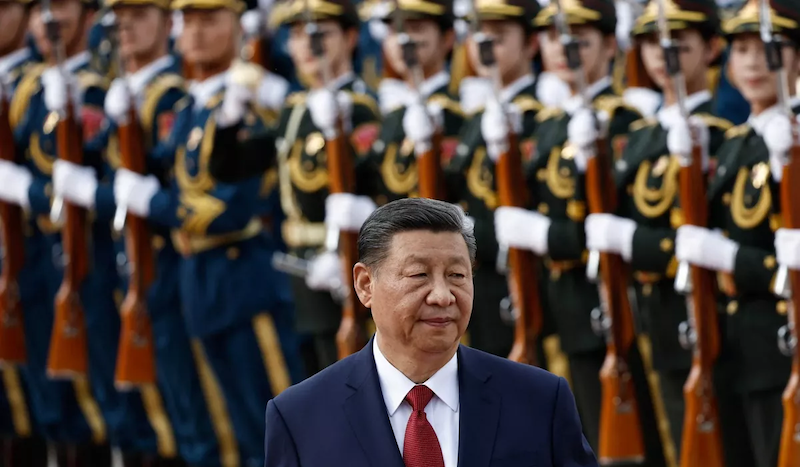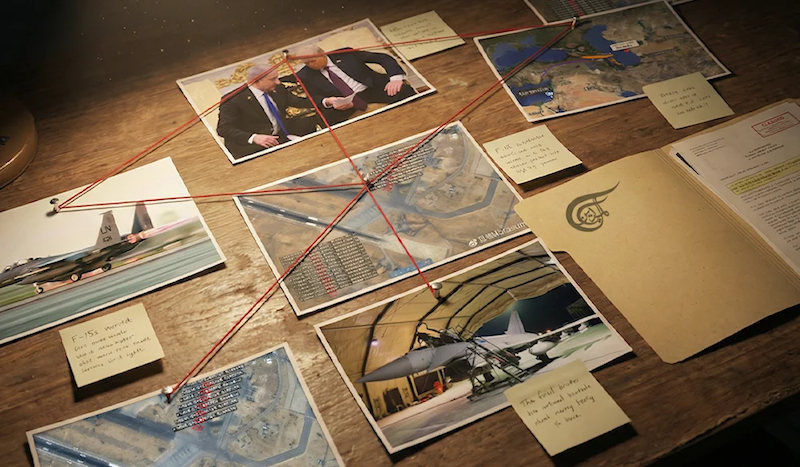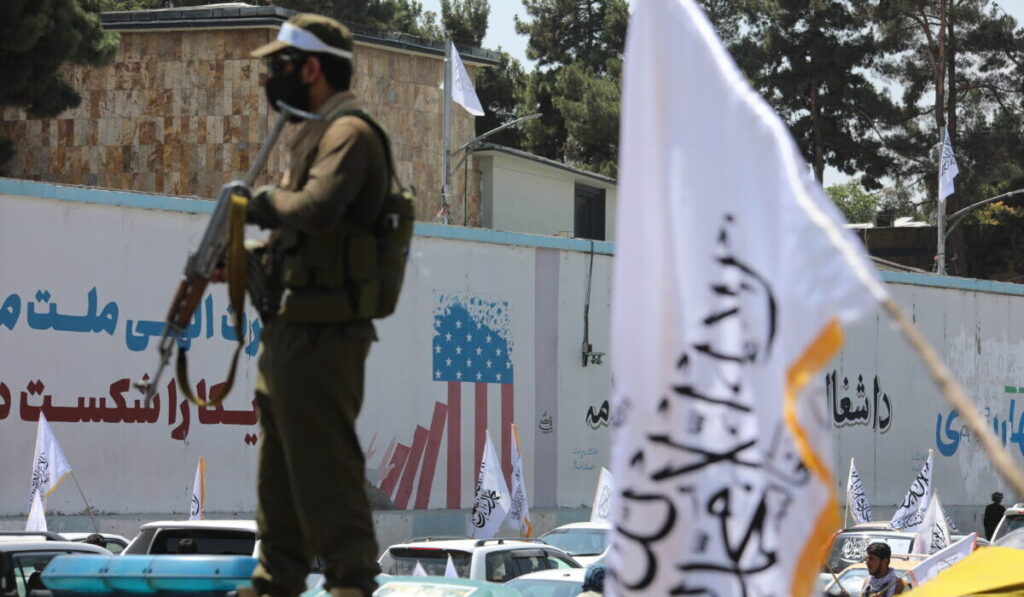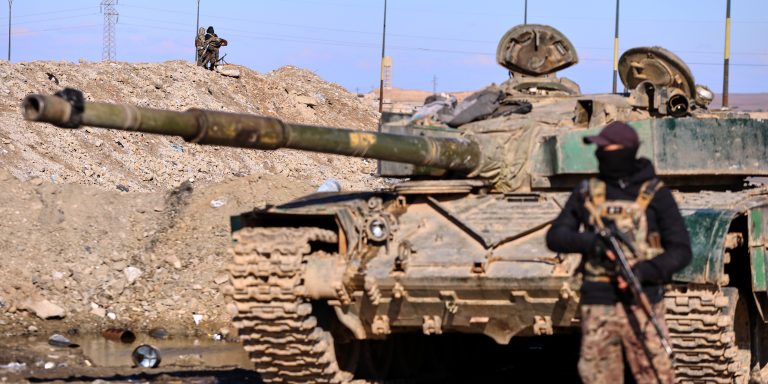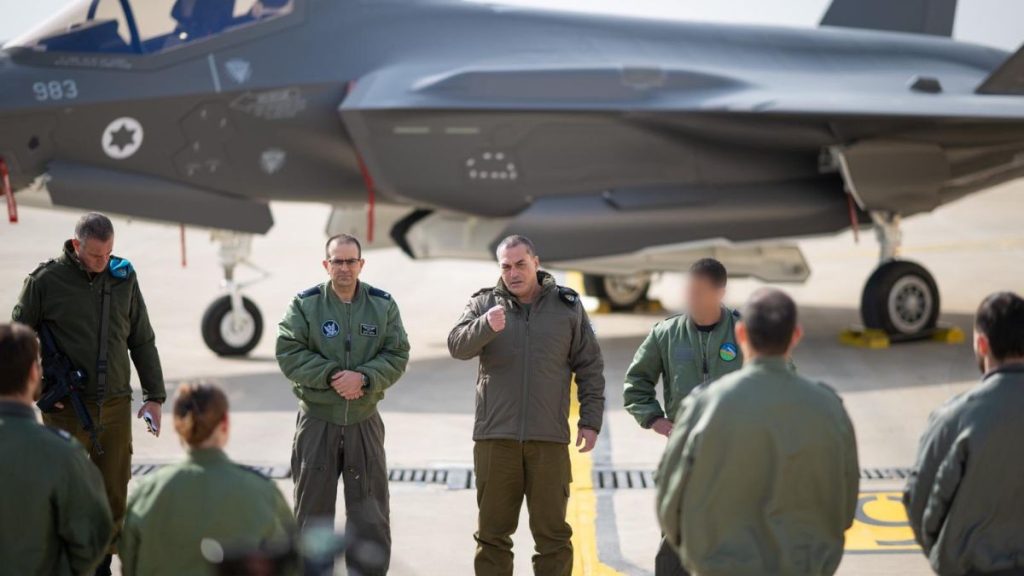Iran Vows to Resist Any US Attack, Insists Ready for Nuclear Deal
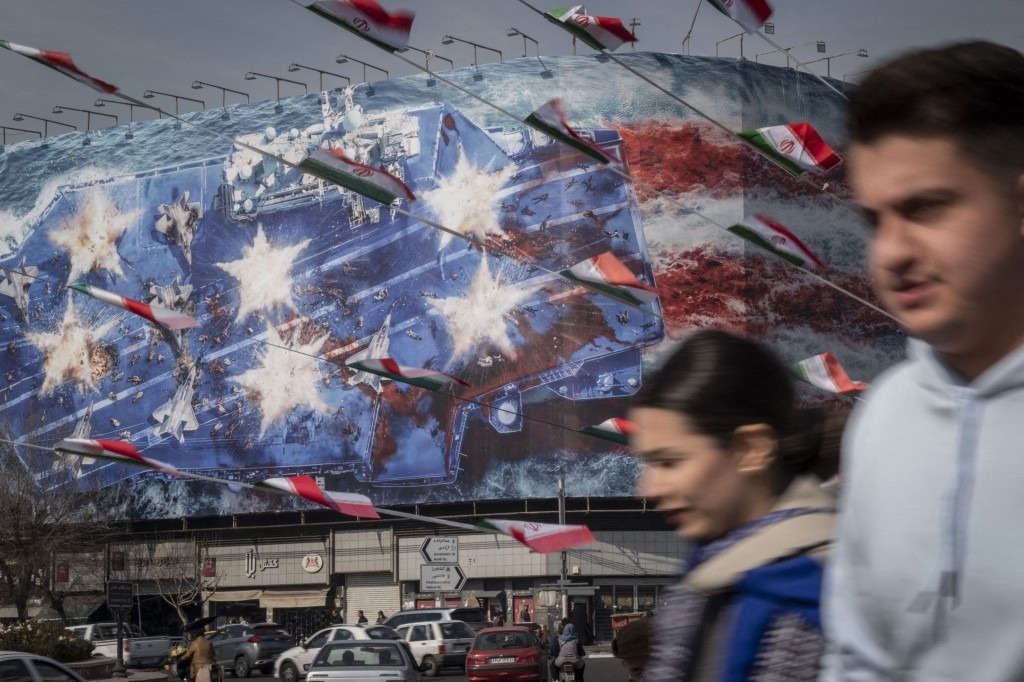
Iran’s foreign minister warned Wednesday its forces would respond immediately and forcefully to any US military operation after President Donald Trump declared time was running out to avoid one, but did not rule out a new deal on Tehran’s nuclear program.
The Islamic republic’s top diplomat Abbas Araghchi warned its forces have their “fingers on the trigger” to “powerfully respond” to any US strikes, but also used language strikingly similar to Trump’s to describe a possible agreement to defuse the stand-off through a new nuclear deal.

